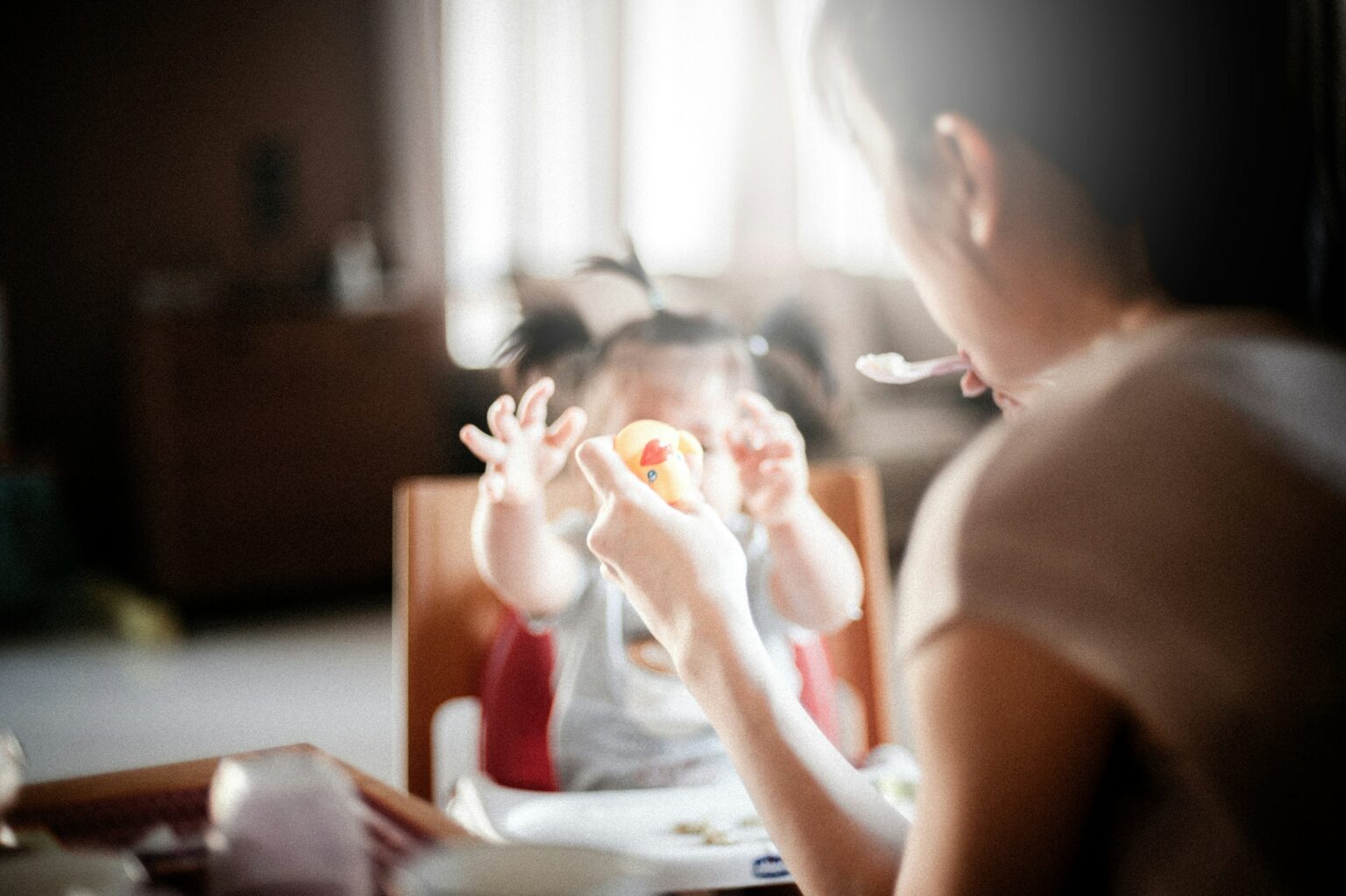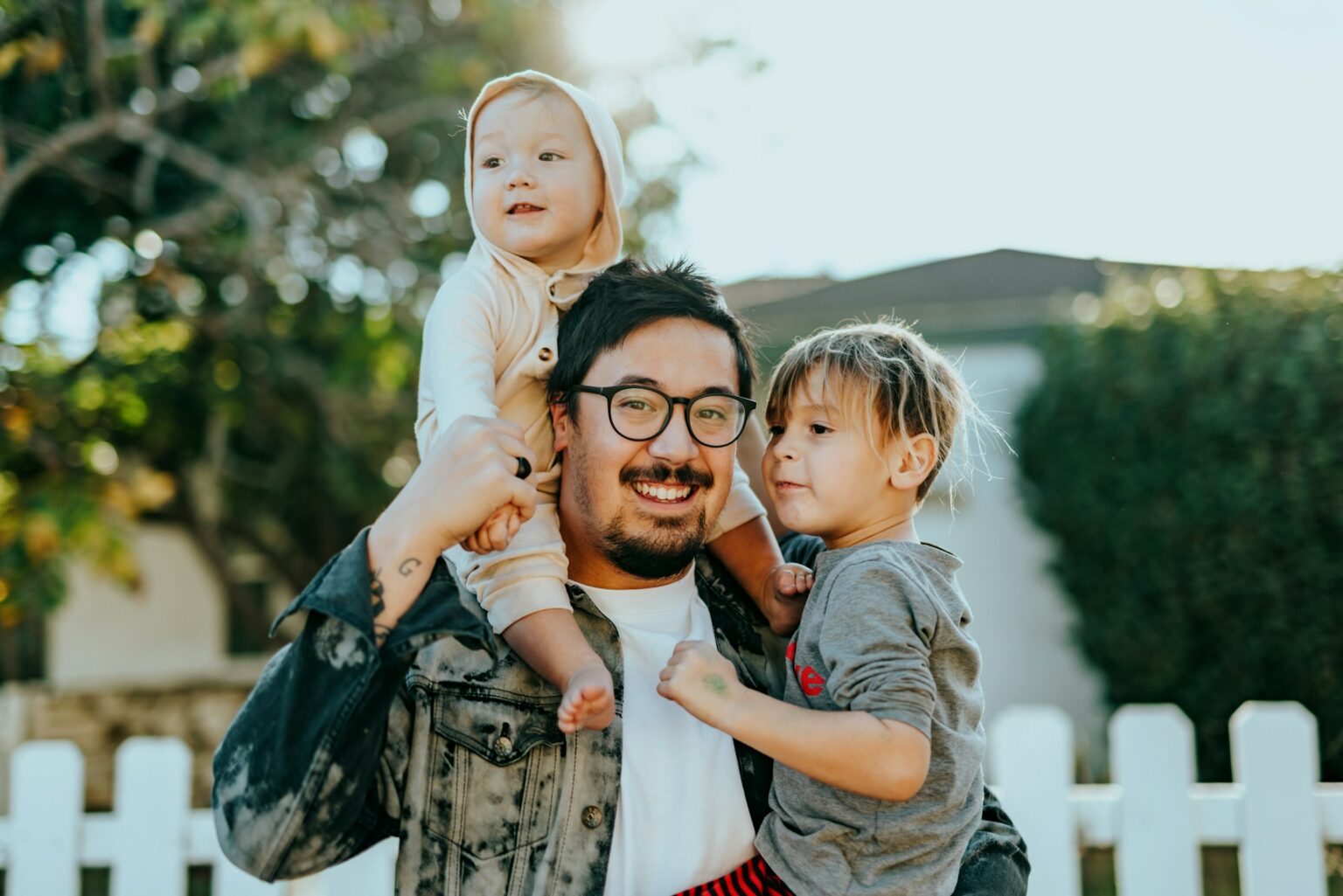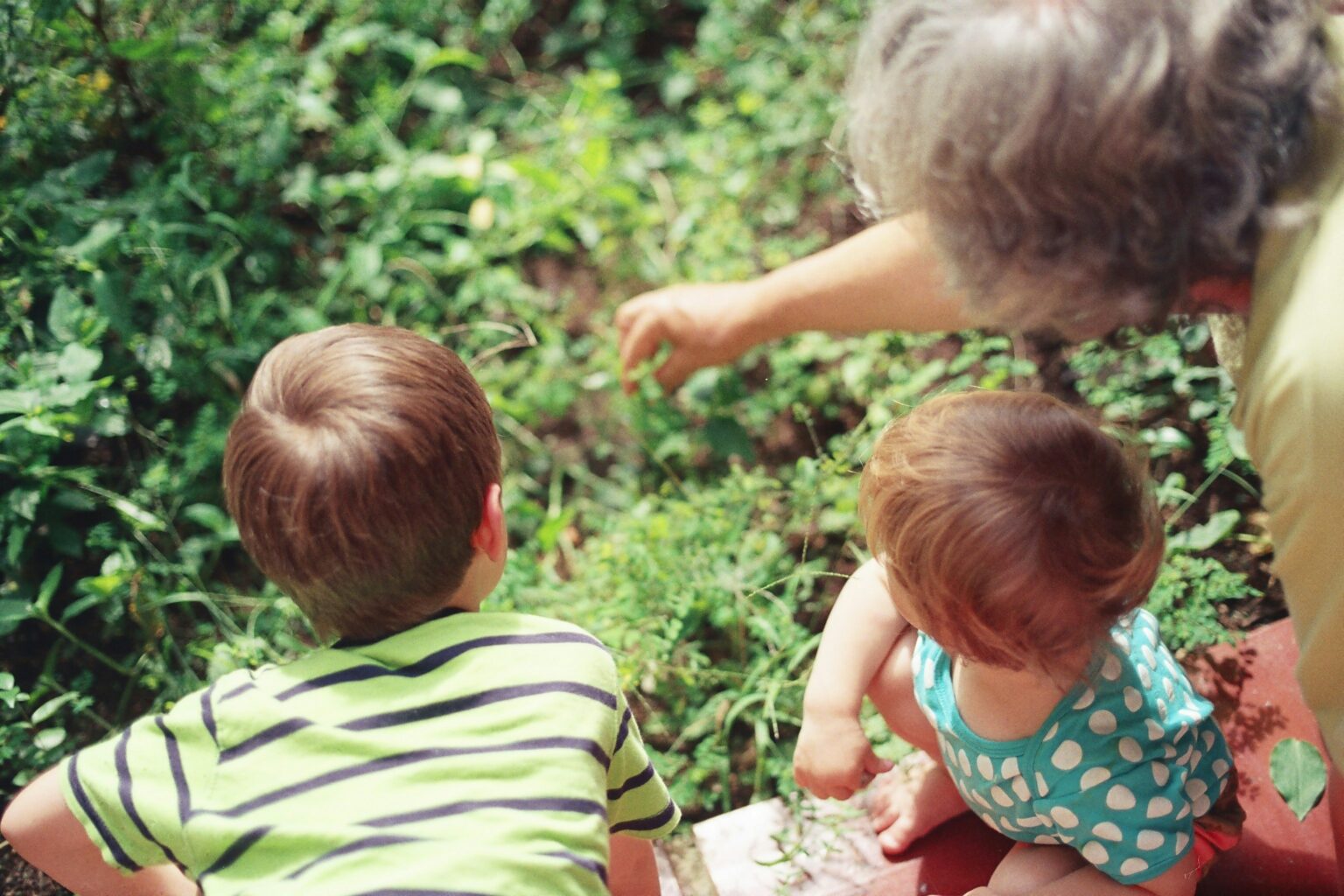
Child Protection Mediation is available in British Columbia only through the Child Protection Mediation Program (CPMP), currently managed by Mediate BC. Registered Roster Mediators with the Child Protection designation are specifically qualified to mediate child protection matters pursuant to section 22 of the Child, Family and Community Service Act (CFCSA). Please refer to our list of Registered Roster Mediators to find a Child Protection Mediator.
To contact CPMP Staff, please email us via the Staff Directory.
Child Protection (CP) mediation is an option when social workers and a child’s guardians, family members and/or community come together to discuss a child’s plan of care.
The process can bring together parents/guardians, social workers, extended family, Indigenous representatives, legal counsel, advocates and others to identify common interests and joint solutions with the help of a trained, qualified, and impartial mediator.
Child Protection mediation is entirely voluntary and confidential; all participants must be willing to attend and participate.

Child Protection Mediation is completely free of cost for all participants in British Columbia.
Any extra costs that are incurred (e.g., childcare, transportation, technology required for mediation to successfully occur, etc.) may be covered by your social worker.
Mediation promotes and maintains a good working relationship between parents/guardians and the social worker involved with a family. It aims to reduce conflict and keep both sides from becoming too divided.
Mediation helps families to share their opinions and participate in decision-making about their child. Mediators are trained in how to handle specific dynamics and to be mindful of systemic power imbalances.
The court process is adversarial in nature, complex for many people, and lengthy. Decisions about children may be delayed if court cases cannot be scheduled and heard quickly. Mediation is a much quicker process.
The mediation process can bring together parents/guardians, social workers, children/youth, extended family, Indigenous representatives, legal counsel, advocates and others to identify common interests and joint solutions with the help of a mediator.
A mediator helps parties communicate in a healthy, effective manner so that everyone’s voices are heard, including the youth’s, if appropriate. Multiple mediation sessions can also occur if needed.
Child protection court proceedings can become divided and emotionally charged. Parents and guardians may feel that the process is focused on proving their shortcomings as caretakers. Mediation, on the other hand, can use an approach that builds on strengths and focuses on collaboration.
If the parties can come to an agreement in mediation, an agreement can be written up that can then become legally binding once it is approved by the court.
Mediation can be used at any time in a child welfare case. Court involvement is not required in order to use mediation. It can help with any problem related to a child or their care plan. Early referrals to mediation are encouraged as it may help to avoid the need for the removal of a child.
A family member/guardian or social worker suggests mediation for a file, and all parties agree to it voluntarily. Please note on your referral form if your social worker has not yet agreed to mediation so that we can contact them.
A professional or a family member/guardian submits a CP mediation referral form to the CPMP via email.
The referral is accepted by an available mediator. If a specific mediator has been requested, every effort is made to pair the mediator with the file.
Once a mediator has been confirmed, they reach out all parties to establish scheduling and begin the mediation process.





Mediate BC serves communities across the lands of many Indigenous peoples, unceded, unsurrendered, and treaty. We are committed to advancing Indigenous sovereignty, inherent rights and self-determination. In order to do this, we commit to deepening our understanding of the histories and cultures of Indigenous peoples and the ongoing effects of colonization. Further, we commit to developing meaningful dialogue and relationships founded on respect.